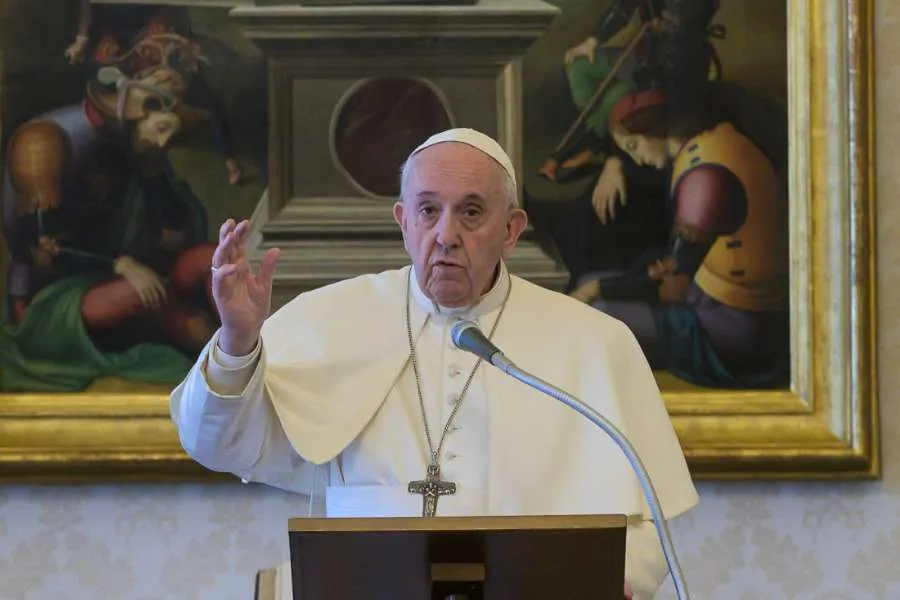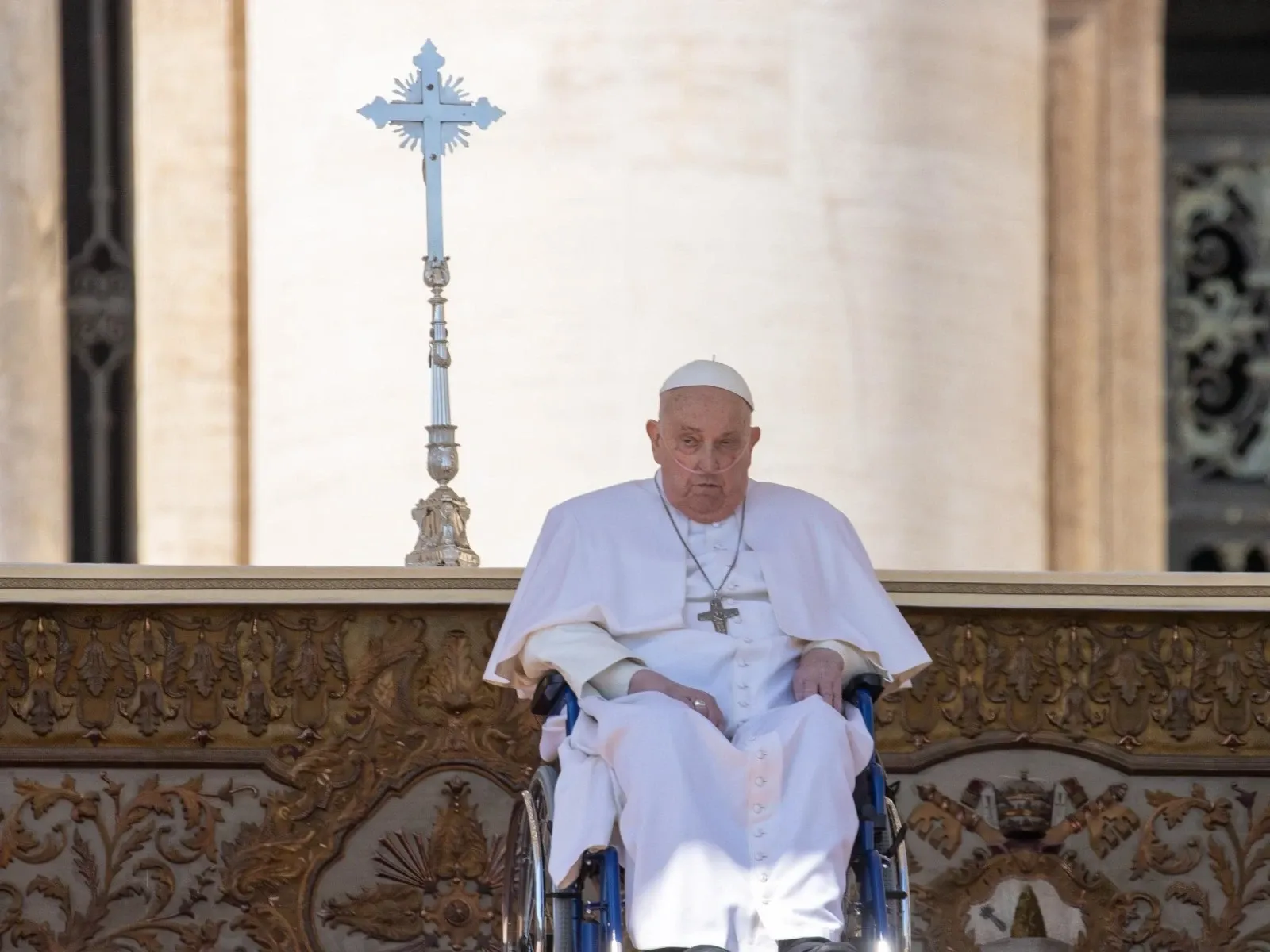After first appearing in Wuhan, China in December 2019, the coronavirus has now spread to more than 180 countries.
The UN Secretary General said that a global ceasefire would “help create corridors for life-saving aid” and “bring hope to places among the most vulnerable to COVID-19.” He pointed out that refugee camps and people with existing health conditions are most at risk of suffering “devastating losses.”
Guterres appealed in particular to those fighting in Yemen to end hostilities, as UN humanitarian advocates fear the potentially devastating consequences of a Yemeni COVID-19 outbreak because the country already faces a significant humanitarian crisis.
Both the Saudi-led forces and Iran-aligned Houthi movement fighting in Yemen both responded to the UN appeal for a ceasefire on March 25, according to Reuters.
“The joint commitment against the pandemic can lead everyone to recognize our need to strengthen fraternal bonds as members of a single family,” Pope Francis said.
The pope also appealed for government authorities to be sensitive to the vulnerability of prisoners during the coronavirus pandemic.
“I read an official memo from the Human Rights Commission that talks about the problem of overcrowded prisons, which could become a tragedy,” he said.
The UN High Commissioner for Human Rights Michelle Bachelet issued a warning on March 25 about the potentially devastating effects COVID-19 could have in overcrowded prisons and immigrant detention centers around the world.
“In many countries, detention facilities are overcrowded, in some cases dangerously so. People are often held in unhygienic conditions and health services are inadequate or even non-existent. Physical distancing and self-isolation in such conditions are practically impossible,” Bachelet said.
“With outbreaks of the disease, and an increasing number of deaths, already reported in prisons and other institutions in an expanding number of countries, authorities should act now to prevent further loss of life among detainees and staff,” she said.








